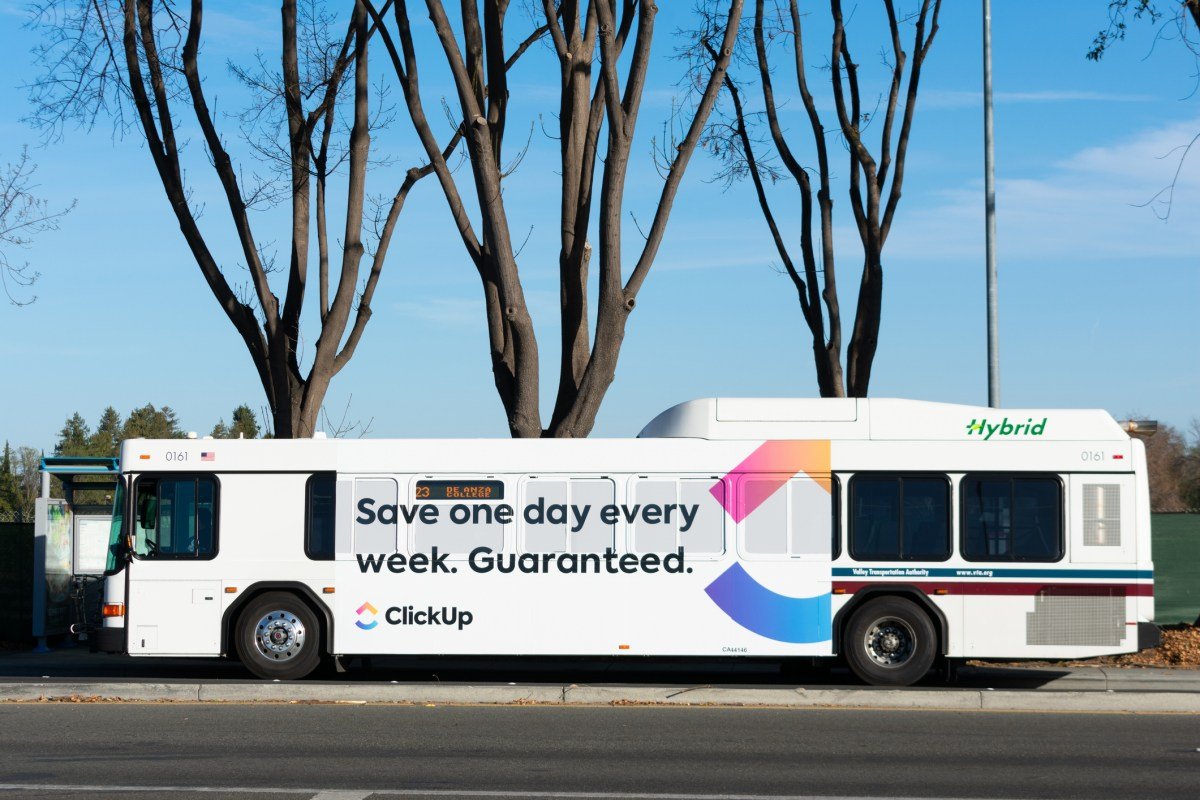Since its launch in 2017, ClickUp has made a splash in the world of productivity tools, capturing attention and investments alike. Now, the team behind ClickUp has set their sights on harnessing the power of artificial intelligence with their latest venture: ClickUp Knowledge Management.
This innovative platform combines a new AI system with a wiki-like editor, pulling information from various sources such as Google Drive, Dropbox, and Confluence. With this new tool, ClickUp hopes to rival other popular services like Notion and Atlassian’s Confluence.
Co-founder and CEO of ClickUp, Zeb Evans, believes that AI is crucial for effective knowledge management. However, he notes that a central repository is necessary to realize the full potential of AI.
In his own words, “In the majority of companies, you have your actual knowledge, that’s written in a certain place like a Confluence [wiki] or Notion. And then you have a lot of knowledge in different places. The real problem is that you can go to one tool and connect the dots, but you can’t actually edit and manage those dots on the same platform.”
This issue is one that the ClickUp team experienced firsthand. While users could author documents on the platform, the team recognized the need for a new product that offers a wiki at its core (modeled after Notion) and works in tandem with AI to retrieve data from multiple sources.
“With ClickUp, you can build wikis and connect to all of your other work tools, aggregating knowledge into one central company brain,” explains Evans. “This allows you to write wikis based on all of the context that’s available to you today.”
The end result is a powerful system that combines the best features of Notion, Confluence, and Glean, enabling users to quickly and efficiently create various documents. From project reports and team updates to summaries and standups, ClickUp offers pre-built templates to streamline the process. The platform can also assign tasks, populate task data, and identify duplicate tasks automatically.
But perhaps the most impressive feature is ClickUp’s chatbot, which allows users to query their documents. Not only does it cite all sources, but it also proactively offers to create relevant documents based on the results of the query.
Evans emphasizes that the AI takes into account an employee’s access permissions, only surfacing information they are allowed to work with. Two years ago, ClickUp acquired Slapdash, a universal search tool that consolidated data from siloed SaaS apps. Since then, the team has been working on rebuilding the architecture to incorporate AI.
This has enabled ClickUp Knowledge Management to utilize retrieval augmented generation (RAG), the industry standard for augmenting large language models (LLMs) with additional and up-to-date information.
“Our integration goes beyond the surface level,” Evans reveals. “We digest databases from connected applications, allowing us to do some really cool things with it.”
Moving forward, ClickUp aims to use this powerful AI system to further reduce the amount of “work about work.” Evans explains, “Our focus for this next release is killing work about work. I hate having to go ask a bunch of questions and figure out where things are and what people are working on. Every company spends so much time just writing a standup every day – ‘This is what I did today. This is what I did yesterday.’ It’s insane.”
With ClickUp Knowledge Management, businesses can streamline their workflow and avoid unnecessary tasks, ultimately increasing productivity and efficiency. ClickUp has once again raised the bar for productivity tools, utilizing AI to transform knowledge management for the better.
“In the majority of companies, you have your actual knowledge, that’s written in a certain place like a Confluence [wiki] or Notion. And then you have a lot of knowledge in different places. The real problem is that you can go to one tool and connect the dots, but you can’t actually edit and manage those dots on the same platform.”
– Zeb Evans
“Our big thing for this next release is killing work about work. I hate work about work. I hate having to go ask a bunch of questions and figure out where things are and figure out what people are working on. Every company right now, if you calculate how much time is spent on just writing a standup every single day. ‘This is what I did today. This is what I did yesterday.’ It’s insane.”
– Zeb Evans
- Founded in 2017, ClickUp has quickly become a popular and well-funded productivity tool
- The company has launched a new product, “ClickUp Knowledge Management,” that utilizes AI and a wiki-like editor to streamline knowledge management
- The platform pulls data from various sources such as Google Drive, Dropbox, and Confluence
- ClickUp hopes to rival other popular services like Notion and Atlassian’s Confluence
- The company’s integration of Slapdash, a universal search tool, has enabled them to incorporate AI into their platform
- ClickUp Knowledge Management utilizes retrieval augmented generation (RAG), the industry standard for augmenting large language models (LLMs) with additional and up-to-date information
- The platform allows users to quickly create documents with pre-built templates, automatically assign tasks, populate task data, and identify duplicates
- ClickUp’s chatbot not only cites all sources but also proactively offers to create relevant documents based on user queries
- The AI system takes into account an employee’s access permissions, only surfacing information they are allowed to work with










